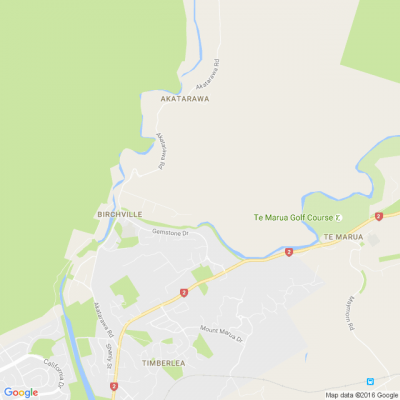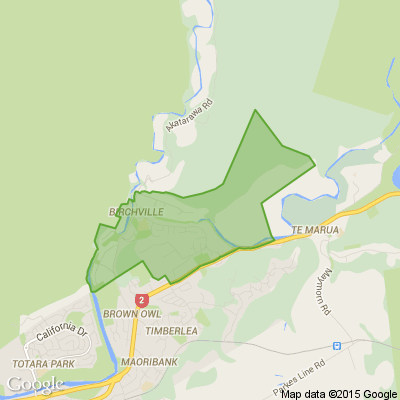Journaling Your Way Through Personal Crisis
One of the best ways to get through a personal crisis is through journaling your thoughts in writing. It helps bring up emotions for clearing. It surfaces creative solutions to the situation you're dealing with. And it serves as a record of your experience that you may want to turn to again.
It also gives you the chance to reflect as you go on what you want to choose to have in your life going forward. Especially from our current crisis...what do you want to retain from lockdown, and what do you want to bring back from before? What can you do without!
The general notion of journaling might not interest everyone. But there are multiple ways to journal, and at least one of them is likely to appeal to (and benefit) you. Here are five formats, each with a different application, that you may want to explore.
A Story Book
Human beings are natural story-tellers, and keeping a story journal can be especially helpful if you’re depressed, struggling with a sudden crisis or unresolved tragedy, or living with a chronic ailment.
Stories have a beginning, middle and end. Write your experience much as you would tell a story. Some experts advise writing about the same episode several times; the retelling often gives new perspective.
A Worry Book
This format can benefit those who suffer from anxiety, stress, or insomnia.
Draw a line down the centre of a page. On the left, write some of the issues that are upsetting you and on the right list some of the steps you’ve taken to address the problem, or some solutions you can try. Use this space to plan, organise and strategise for the future.
A Daily Log
This log is useful if you want to get more fit, spend less money, understand your body’s rhythms, or chart your recovery from illness. Use this journal to keep track of anything from growing a garden to growing a child.
In this journal, you simply record the facts: how far you walked or how long you exercised, how much you spent on what, how your body feels, etc. You may also want to write some narrative in addition to the “facts.”
A Couple or Family Journal
Enhances communications, deepens emotional bonds, encourages trust and intimacy.
The journal is left in a place where everyone has free access, anytime. Each person is encouraged to write, recording his or her thoughts or feelings, or in response to another person’s entry. Remember to write compliments and encouragements as well as writing through problems and misunderstandings.
A Gratitude Journal
This can be especially helpful to those who are inclined to be pessimistic, depressed, over-stressed or in the midst of a crisis. And it’s a journal which can bring anyone joy.
Simply make a list of that for which you are thankful. From the smallest to the grandest, the very personal to the global. Every day write five to ten things for which you are grateful. It doesn’t matter if you repeat yourself.
As always, if you need help to work through steps forward toward achieving a goal that will impact you life, a coach is a great support and guide with this. Contact Tania to talk about what coaching can change for you: tania@clearthinkingcoaching.co.nz
Or book an appointment through:
www.facebook.com...

Neighbourhood Challenge: Who Can Crack This One? ⛓️💥❔
What has a head but no brain?
Do you think you know the answer? Simply 'Like' this post if you know the answer and the big reveal will be posted in the comments at 2pm on the day!
Want to stop seeing these in your newsfeed?
Head here and hover on the Following button on the top right of the page (and it will show Unfollow) and then click it. If it is giving you the option to Follow, then you've successfully unfollowed the Riddles page.

Some Choice News!
Many New Zealand gardens aren’t seeing as many monarch butterflies fluttering around their swan plants and flower beds these days — the hungry Asian paper wasp has been taking its toll.
Thanks to people like Alan Baldick, who’s made it his mission to protect the monarch, his neighbours still get to enjoy these beautiful butterflies in their own backyards.
Thinking about planting something to invite more butterflies, bees, and birds into your garden?
Thanks for your mahi, Alan! We hope this brings a smile!









 Loading…
Loading…